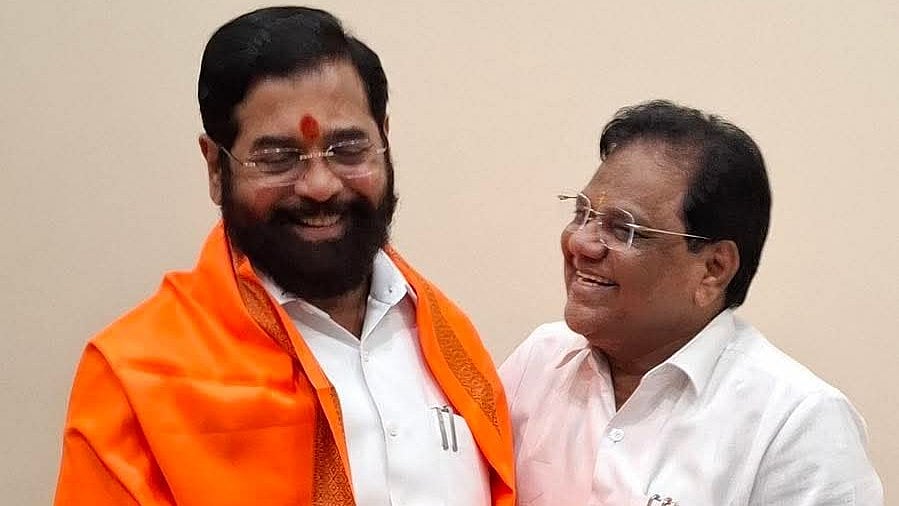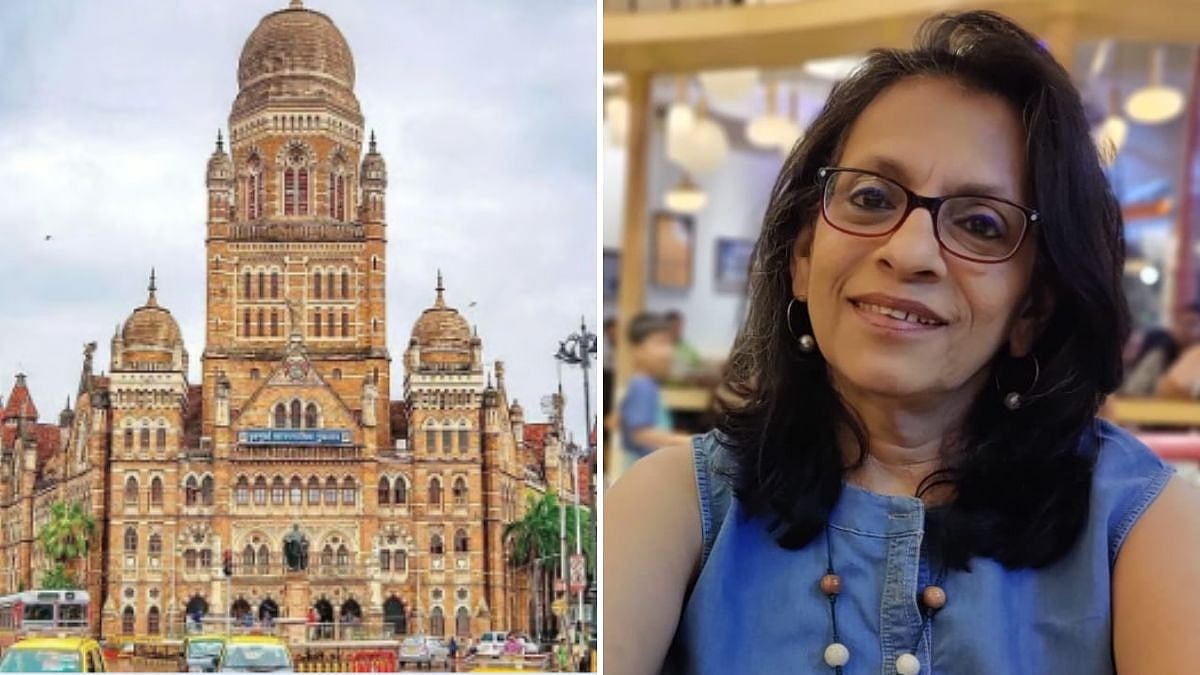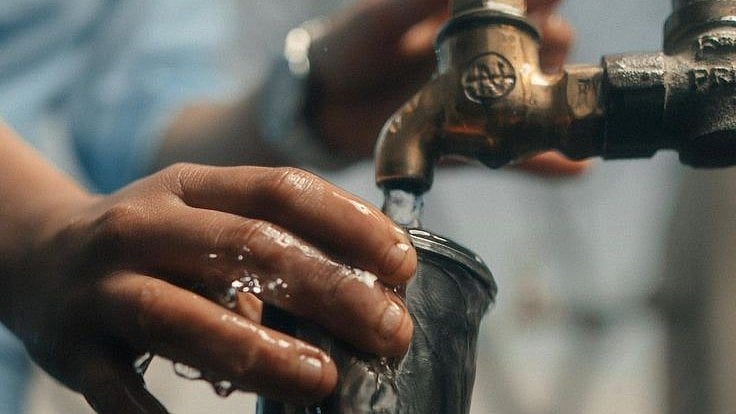The Parliament witnessed heated debate on the 130th Constitutional Amendment Bill seeking removal of ministers accused of criminal offences and arrested and detained in custody. Much of the debate is on expected lines in a polarised polity and society. A closer examination will help us look at the issue through the prisms of democratic maturity and public interest.
The Lok Satta movement pioneered the Election Watch movement in 1999. As part of Election Watch, a highly credible, non-partisan, transparent exercise was conducted with public participation to identify prominent candidates for elective office with a criminal record. A list of 42 candidates with serious criminal records was released. Later the Supreme Court directed that candidates must file an affidavit declaring their criminal record, if any. All this exercise was undertaken to expose the soft underbelly of our political system; criminalisation of politics is the most egregious symptom of a deeper crisis in our democracy.
That there is a huge problem of criminalisation of politics and undesirable persons ascending to high office is undeniable. A cursory glance at the affidavits filed by candidates shows that 35% to 45% of the elected representatives face some criminal charge or other. Many of these charges are linked with political agitations and violations of prohibitory orders. Sometimes, cases are registered without any credible evidence. After excluding such trivial or false cases, it is reasonable to conclude that about 10% to 15% of our legislators face serious and credible criminal charges. This is unacceptable in any democracy. It undermines credibility and trust and seriously erodes quality of governance. The argument that a person is deemed innocent until convicted based on proof beyond any reasonable doubt and, therefore, should have the right to be a minister until conviction is absurd. The standard of proof applies to conviction in a criminal case, not to holding high constitutional office. It is reasonable to expect that our political executive must be above suspicion of criminality.
In recent times, things have become even more brazen and shameless. Lalu Prasad Yadav resigned as Chief Minister of Bihar once charges were framed by a criminal court in the fodder scam case in July 1997. Lal Krishna Advani set an example when he resigned in July 1993 as a Member of Parliament when implicated in the Jain Hawala Scandal and voluntarily stayed away from contesting elections until he was exonerated by courts. The decline in standards of conduct now is so precipitous that ministers incarcerated by courts for months without bail are claiming the right to continue as ministers while in jail! This is dysfunctional to democracy and unhealthy in public life. Given the context, it is reasonable that people want politicians facing serious charges to be removed as ministers.
But there are problems with the proposed Bill. First, prolonged incarceration of the accused is rare in our system of justice. The norm applied by our courts is 'bail, no jail'. Wealthy and influential people often get 'anticipatory bail' and avoid arrest even when they face grave charges. Second, in the Arnesh Kumar case, the Supreme Court, in 2014, gave directions which make it very difficult to arrest a person accused of any offence punishable with imprisonment for a term of less than seven years. Therefore, the proposal in the Bill for removal of ministers in prison for over 30 days for offences punishable with five years’ imprisonment is largely infructuous. Third, government employees face automatic suspension if they are in custody for more than 48 hours; a 30-day arrest requirement for a minister to be removed is illogical. Finally, in a system where crime investigation is entirely under the control of the elected government of the day, it is reasonable to be apprehensive that the law will be selectively applied to harass or victimise political opponents while shielding those in power.
Given these realities, what can be done? Doing nothing in the face of increasing criminalisation and erosion of public trust and democratic values is not an option. Perhaps it would be wiser to apply a different standard other than arrest. Sections 8 and 8A of the Representation of the People Act, 1951 (RPA), list the offences, which entail disqualification from elective office upon conviction. Conviction is very rare in India; without confession, often obtained by coersion of the weak accused persons without any means, it is extremely low—of the order of 10% to 15%. Even where there is a conviction, it often takes years and decades. But the list of offences in sections 8 and 8A is reasonable. It will be prudent if any minister against whom a court frames charges involving any offence listed in secs 8 and 8A of the RPA is disqualified from holding the office of a minister until the case is concluded in court. If not convicted, the pendency of charges will not be a bar on contesting elections and becoming legislators, but they cannot hold executive office until they are exonerated.
In order to make sure that charges are not framed in a perfunctory manner, we can institute a safeguard in respect of ministers. Under the National Security Act, any preventive detention should be ratified by an Advisory Board headed by a high court judge within two weeks. In respect of the framing of charges against ministers and incumbent legislators, a similar safeguard can be incorporated.
All this will not end criminalisation; it will bring some measure of dignity and credibility to the political executive in our flawed democracy. Let us begin the process with one small, rational, and acceptable step.
The author is the founder of Lok Satta movement and Foundation for Democratic Reforms. Email: drjploksatta@gmail.com / Twitter@jp_loksatta










